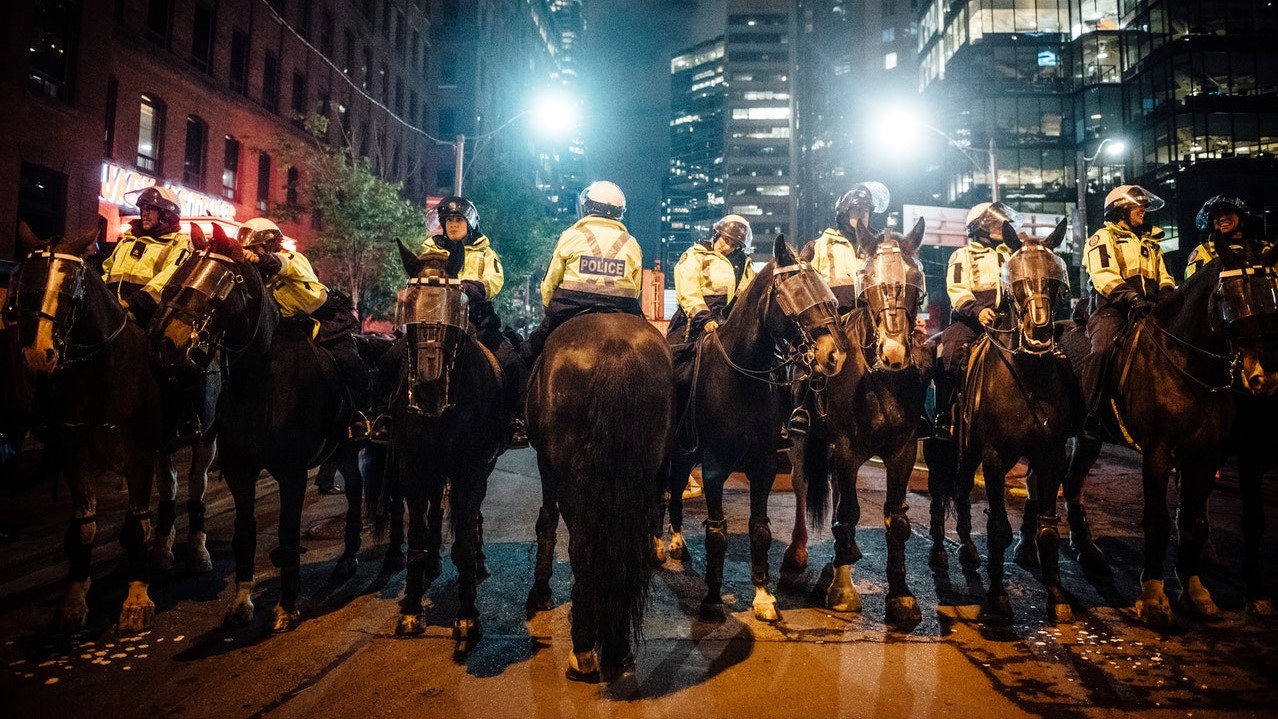Policing Division, Protest & Social Media – Legal Implications of a Polarised Climate

Calls for MPs to Reduce Divisive Rhetoric
Britain’s policing chief, Gavin Stephens, has urged politicians to help defuse tensions rather than inflame them, after a summer of protests and counter-protests over the use of hotels to house asylum seekers.
Stephens, who chairs the National Police Chiefs’ Council, said political rhetoric had contributed to a climate of division that was placing heavy pressure on officers.
For criminal defence solicitors, the situation underlines the growing link between public debate, social unrest, and criminal liability — particularly as social media increasingly plays a central role in how divisions are expressed.
Political Rhetoric and Community Tension
Stephens emphasised that leaders at all levels should act to reduce tension, not increase it. His comments follow high-profile remarks suggesting Britain was on the brink of “civil disobedience on a vast scale”, which police chiefs described as “exaggerated”.
The statistics show the strain: from June to August this year, 3,081 protests were notified to the national public order centre, up significantly from previous years. Officers have warned that this constant demand diverts resources away from frontline crime-fighting and stretches public order policing to its limits.
Criminality Emerging from Protests
While peaceful protest is a democratic right, Stephens noted “criminality creeping into protest activity”. This raises serious implications for those attending demonstrations — offences such as violent disorder, affray, obstruction, or racially aggravated public order offences can lead to arrest and prosecution.
In today’s climate, even being on the fringes of unrest can put individuals at risk of being drawn into criminal proceedings.
The Role of Social Media
One of the most pressing issues is the role of social media. What begins as heated online debate often spills into real-world tension. Posts, shares, and comments can themselves cross the line into criminal offences, including:
- Stirring up racial or religious hatred under the Public Order Act 1986
- Malicious communications where content is grossly offensive or threatening
- Incitement to violence or disorder, even if the post was not intended to be taken literally
Many people underestimate how quickly a social media post can lead to arrest, interview, and prosecution. Courts are increasingly treating online activity as seriously as conduct in the street. In some cases, posts have been used as evidence to argue that a person contributed to disorder or encouraged others to commit offences.
Terrorism and Security Concerns
In the current climate of heightened security concerns, online rhetoric or the use of threatening language at protests can also be viewed through the lens of counter-terrorism legislation.
Where posts or speech are interpreted as attempting to intimidate or cause widespread fear, individuals may face far more serious charges, even where there was no real intention to commit terrorism.
Defence Considerations
From a defence perspective, several issues arise:
- Context matters: Courts must consider whether an individual intended their words or actions to cause harm, or whether they were part of heated but lawful debate.
- Freedom of expression: While the law protects free speech, it does not extend to speech that is threatening, abusive, or likely to incite violence.
- Police interpretation: What may have been intended as a joke or exaggeration can still be treated by police as a criminal matter, especially if tensions are high.
The Risks of Being Drawn into Criminality
As Stephens noted, “everybody has a responsibility” to reduce division. From a legal standpoint, the risks of being drawn into criminality – whether at a protest or through a post on social media – are significant. In today’s environment, where political debate, protest activity, and online expression are closely linked, defence solicitors play a vital role in ensuring that individuals are not unfairly criminalised while maintaining the balance between free speech and public order.
How We Can Help
If you would have any questions about any public order offences or social media hate crime then our award-winning team of experts are on-hand to help answer any of our concerns. Call us now on 0161 477 1121 or email us.


